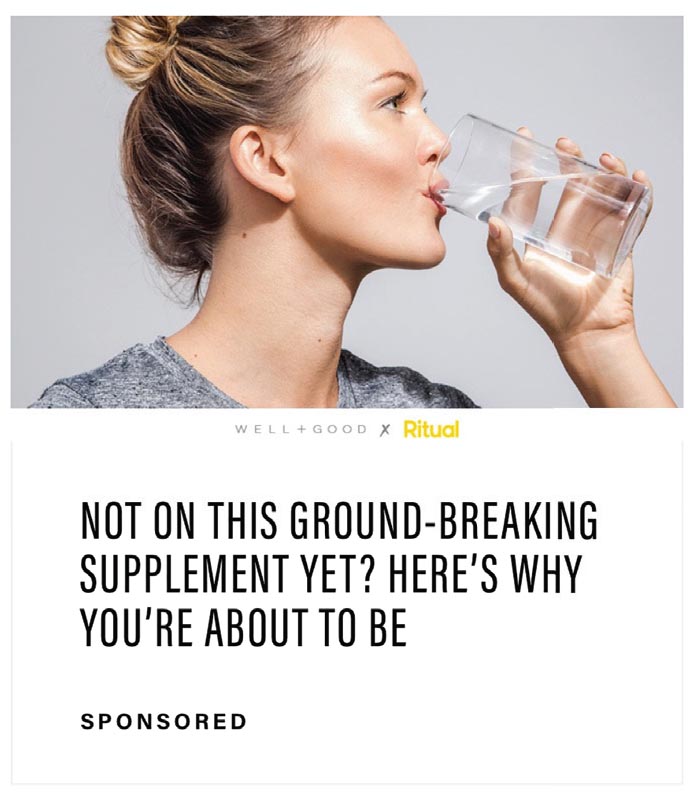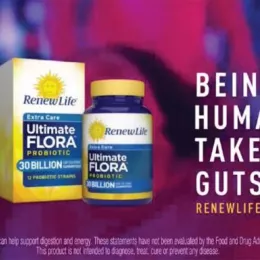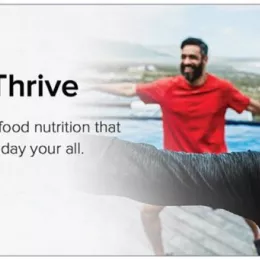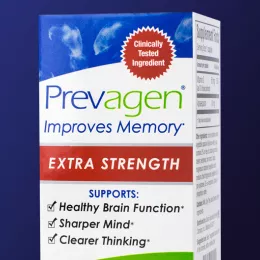Keep your eyes peeled for these marketing tactics

Supplement companies use advertising techniques that may fly under your radar. Here are two examples to watch out for.
What to know about advertorials
Glance at the ad (above) from Zebra CBD (which sells CBD oils, tablets, and more), and you’d be forgiven for thinking it’s a run-of-the-mill magazine article. Only the word “Advertisement,” printed in tiny type at the top of the page, says otherwise.
In this “advertorial,” which has appeared in magazines like Clean Eating and Yoga Journal, author Jennifer Love explains that her 40s brought “some new gifts from dear ol’ Mother Nature—frequent knee pain, stress, low energy and sleeplessness.” That is, until her “marathon-running niece” recommended CBD. CBD is a cannabis extract.
In her search for “cold hard facts,” Love “came across Emily Gray M.D.,” who wrote that Zebra CBD “produces top-quality products with easy to use instructions.”
Gray is a CBD researcher at the University of California, San Diego. She also just happens to be the medical advisor for Zebra CBD…something the advertorial never mentions. (We asked Zebra CBD and Gray if she is paid. Neither responded.) Sneaky.
Is it sponsored content?

“Not on this ground-breaking supplement yet? Here’s why you’re about to be,” ran the 2018 headline on wellandgood.com about Ritual, a pricey multivitamin made for women.
Savvy readers may have noticed the word “sponsored” below the headline. Just like companies pay for advertorials, they “sponsor” articles in magazines and newspapers and on websites.
But if you missed it, and if you didn’t scroll to the end of the article (which was written “by Well+Good editors”) and see the “in partnership with Ritual” disclosure, you might have thought that it was an objective look at the supplement. Far from it.




